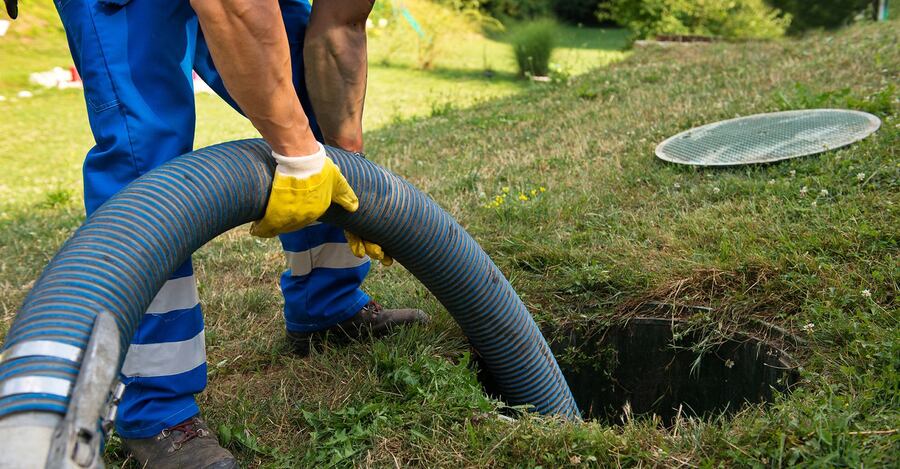
25
Septic tanks are an essential component of wastewater management in homes not connected to a municipal sewer system. Understanding how full your septic tank should be is crucial for maintaining its functionality and avoiding costly issues. This article explores the ideal fill level of a septic tank, the importance of regular septic tank pumping in Matthews, and how to work with a septic company to keep your system in optimal condition.
A septic tank is designed to separate solids from liquids in wastewater. The tank typically has three layers: a top layer of scum (fats, oils, and grease), a middle layer of liquid effluent, and a bottom layer of sludge (solid waste). The liquid effluent is what flows out of the tank into the leach field for further treatment.
It’s important to know that a septic tank should never be completely empty. In fact, it should always be partially full to function correctly. The liquid level in the tank should be at the outlet level, where the effluent flows out to the drain field. If the tank is too full, it can lead to problems like backups, while if it’s too empty, it may not properly separate the solids from the liquids.
Regular septic tank pumping is crucial for preventing overflows and maintaining the system’s efficiency. The frequency of pumping depends on several factors.
As a general rule, a septic tank should be pumped every 3 to 5 years. However, having Charlotte Septic Pros check your septic tank can provide a more accurate schedule based on your specific situation.
Working with a septic company is essential for maintaining your septic system. Professionals can assess the fill level of your tank and recommend whether it needs pumping, repair, or other maintenance. Here are some reasons why professional maintenance is recommended.
Regular maintenance and professional assistance from experts at Charlotte Septic Pros can help prevent issues and extend the life of your septic system. Whether you need septic tank repair, installation, or cleaning, staying proactive with your septic tank care will save you from costly repairs and ensure the long-term efficiency of your system.

26
Choosing the Right Septic System Drain Field Expert When it comes to your home’s septic system, the drain field plays…
Read more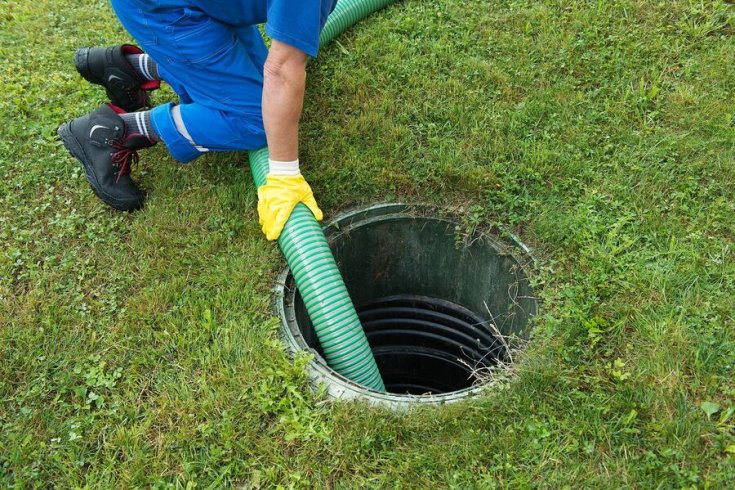
18
Reliable and Affordable Septic Services A properly functioning septic system is essential for any home or business that relies on…
Read more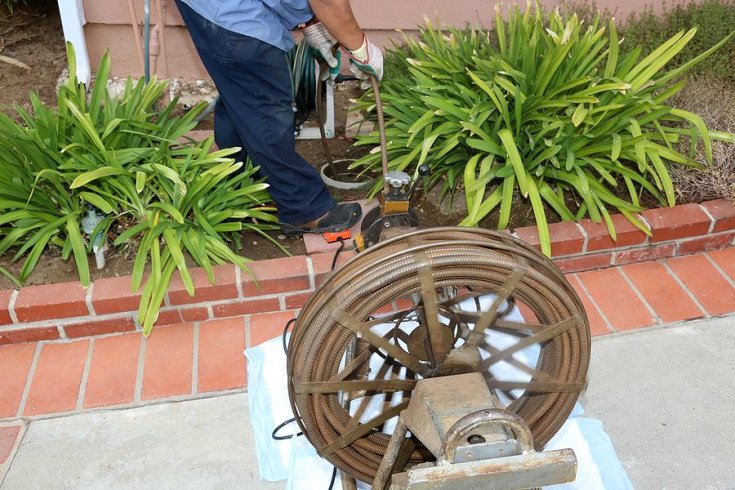
09
Signs and Solutions for a Failing Drain Field Your septic system plays a critical role in managing household wastewater, and…
Read more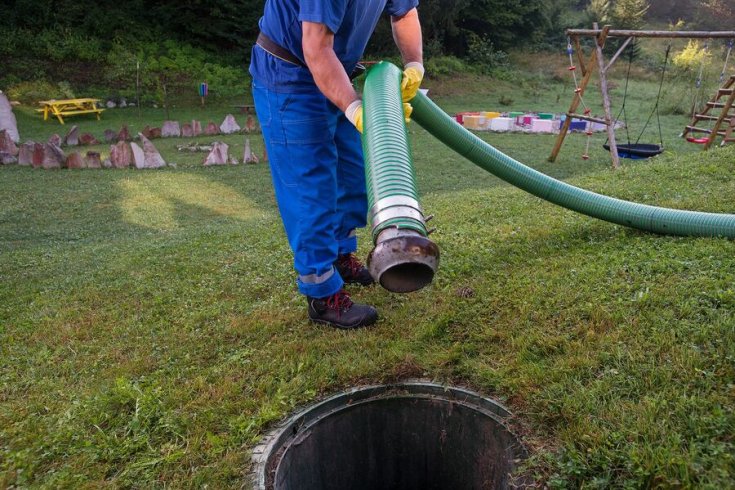
03
A Newbie’s Guide to Septic Pumping If you’re new to homeownership and have a septic system, you might be wondering…
Read more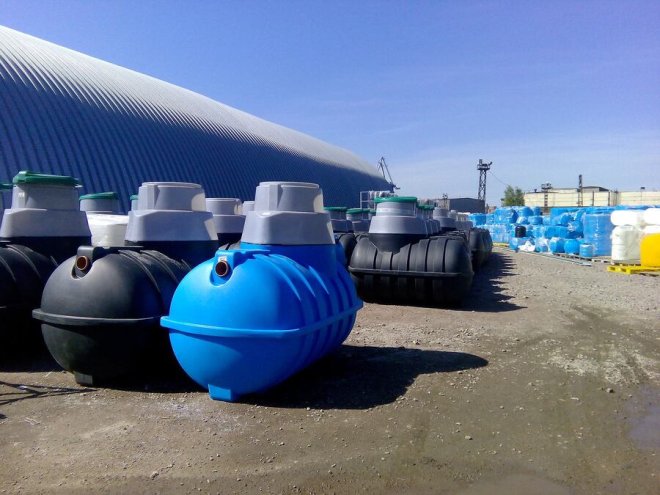
28
How to Prepare for Septic System Installation Installing a septic system is a major investment for any property that lacks…
Read more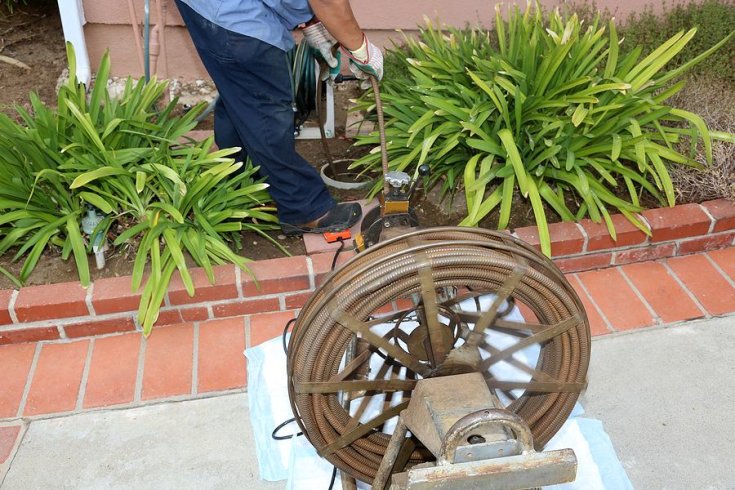
20
How Main Drain Cleaning Can Prevent Sewer Backups Sewer backups are one of the most unpleasant plumbing emergencies homeowners can…
Read more
13
What to Do When You Have Drainage Problems Drainage problems can be frustrating and cause serious damage if left untreated.…
Read more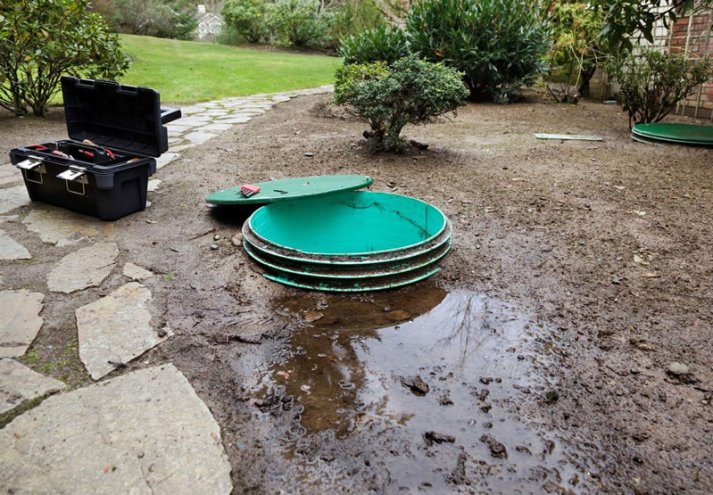
04
Signs and Causes of Septic Leaks A leaking septic system can pose serious health and environmental risks. If left untreated,…
Read more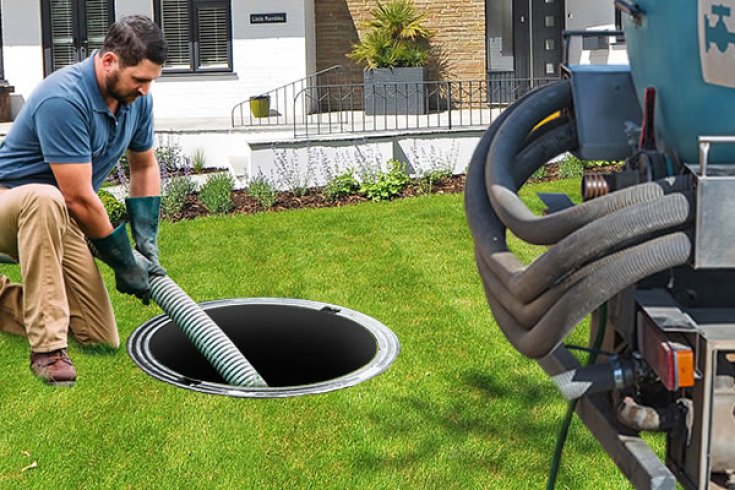
02
Unusual Septic Tank Blockages: Keeping Your Septic System Healthy A properly functioning septic system is crucial for any home or…
Read more
23
Seasonal Weather and Septic Systems Tank Your septic system plays a vital role in managing household wastewater, but seasonal weather…
Read more